Eliminating violence against women in DRC
25 November 2022
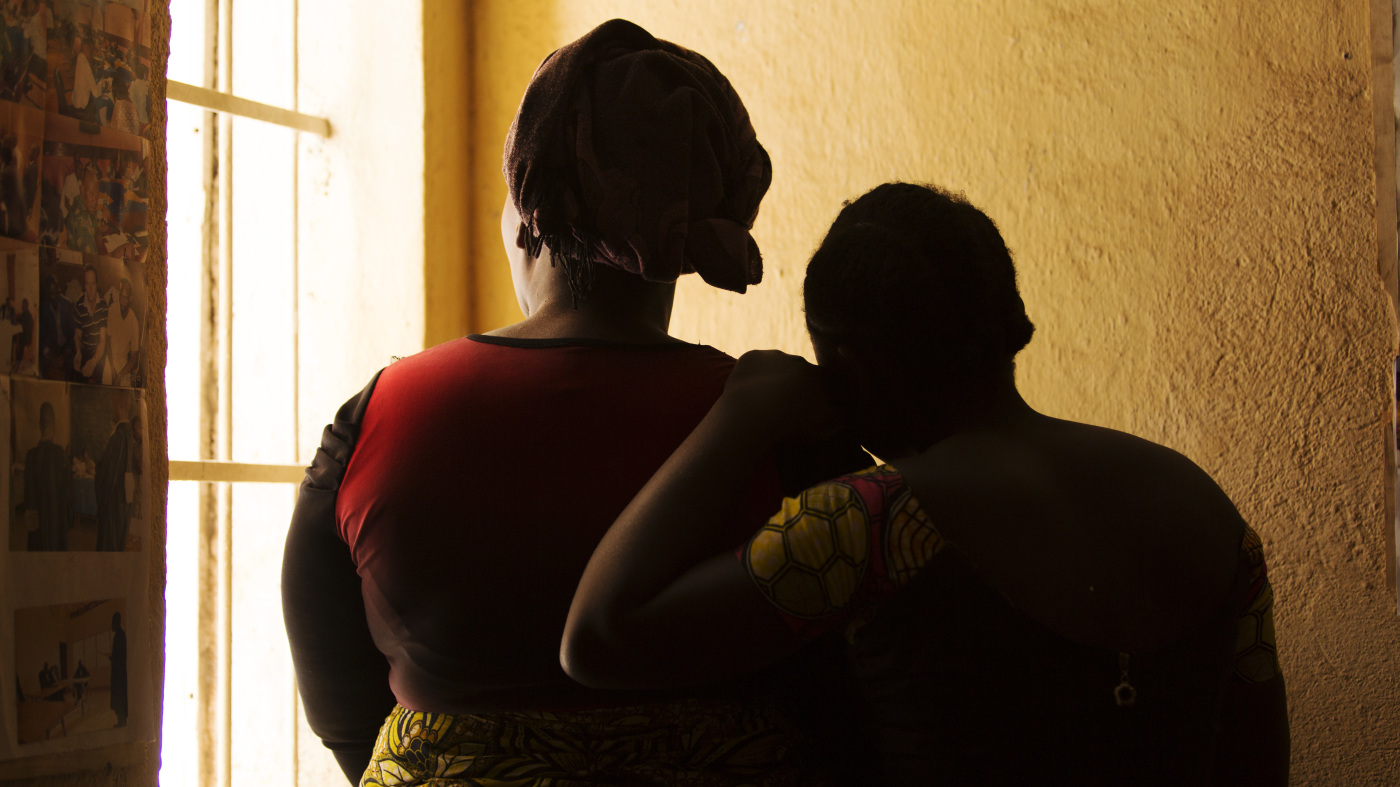
Today, November 25th, the United Nations marks the International Day for the Elimination of Violence against Women.
Instances of violence against women and girls happen everywhere, and affect all of us. COVID-19, conflict, climate change, and a rollback on women’s rights internationally have all impacted on women’s lives and freedoms. We’ve been reminded how important it is to continue to support rights organisations and survivors across the world.
At SCIAF, we know that we cannot create a just world without achieving gender equality. For over twenty years, we’ve been working in the Democratic Republic of Congo to protect the rights of the vulnerable and to support women and girls who are survivors of sexual and gender-based violence as a result of conflict, gender inequality and discrimination. We work to eradicate violence against women, and to advocate for women’s rights in their communities and legal systems.
Our partner organisation, Centre Olame, is a women’s rights organisation focused of the integral promotion of women and girls and the support of survivors. They not only provide counselling and workshops to build self-esteem, but also medical and legal support, education for families and communities, and economic opportunities for SGBV survivors.
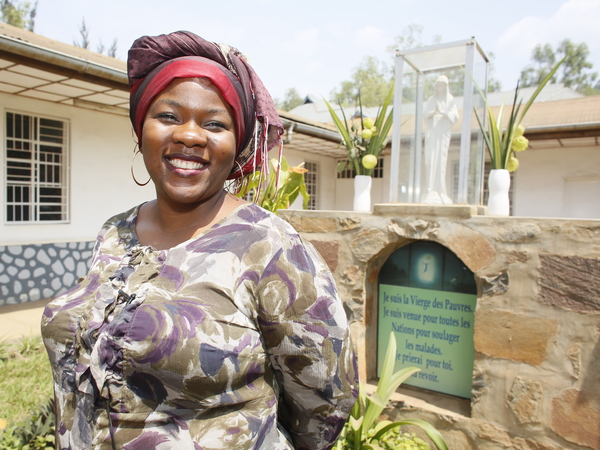
For Thérèse Mema Mapenzi, Director of Centre Olame, one of the most important ways we can show solidarity, and create positive change for survivors, is by listening.
"In DRC, I work with women and girls – mainly those who have experienced trauma during conflict. We work together to see how they can find a new way of living, so they can move through their trauma and live a hopeful life.
"Listening and being there for survivors is a sign of love. We are working with very vulnerable people, people who have suffered trauma, refugees, people who are homeless, victims of violence. When we are there to listen to them and not to judge them, it is very important. When we are there to spend our time with them, to be there for them – it’s another way of expressing love, and expressing compassion. And this can contribute to positive change in their lives.
"We do this through our listening rooms. These are places where we welcome survivors who have survived rape and conflict. We listen to their problems and together we help them rebuild their lives – by helping them develop skills, access to education and important materials to start new lives."
Our current project in eastern DRC, which was match funded by the UK government’s UK Aid Match programme, has so far been there for over 2,600 women and girls – to listen, to show compassion, and to work with them to re-build their self-esteem. Thanks to you, we can continue to advocate for women’s rights across the world, and unite in our goal to end violence against women and create a just world for all.
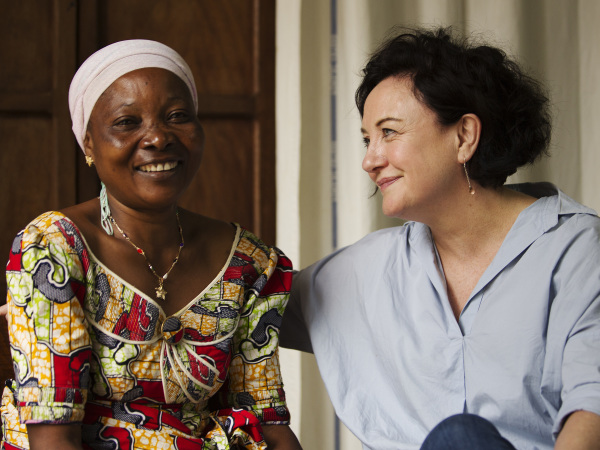
Lorraine McIntosh of Deacon Blue travelled with SCIAF to see projects working with women affected by sexual violence.
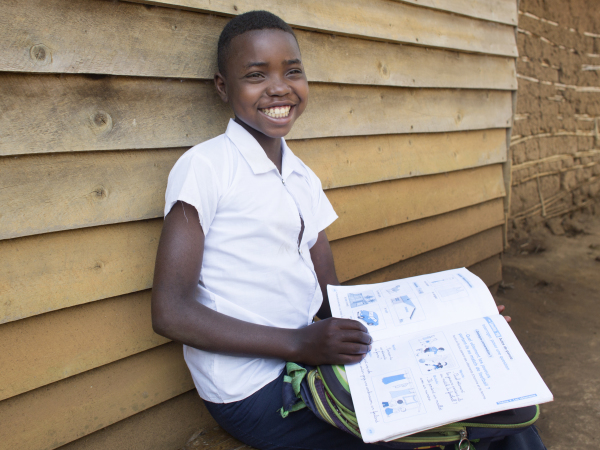
Learn about a day in the life of Christina, a 13 year old girl who lives in a small village in DR Congo.
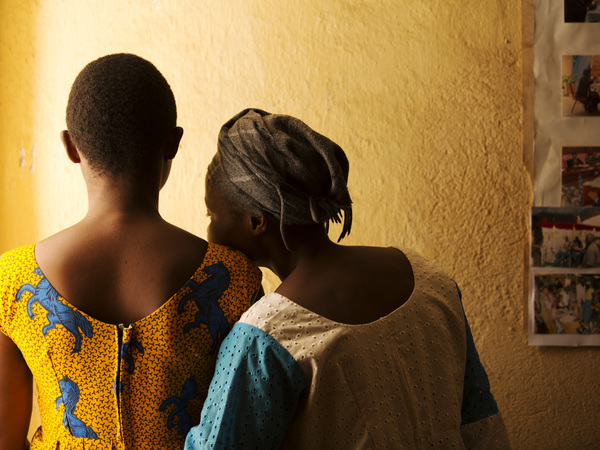
In just one year, our UK Aid Match project in Eastern DR Congo has supported over 2,300 survivors of sexual and gender-based violence.
Back to